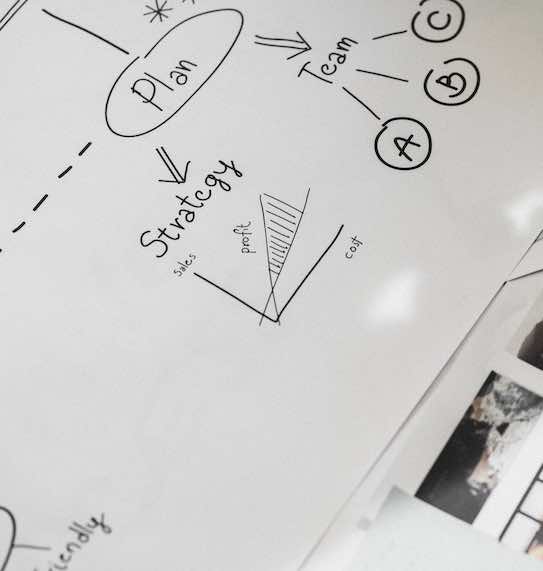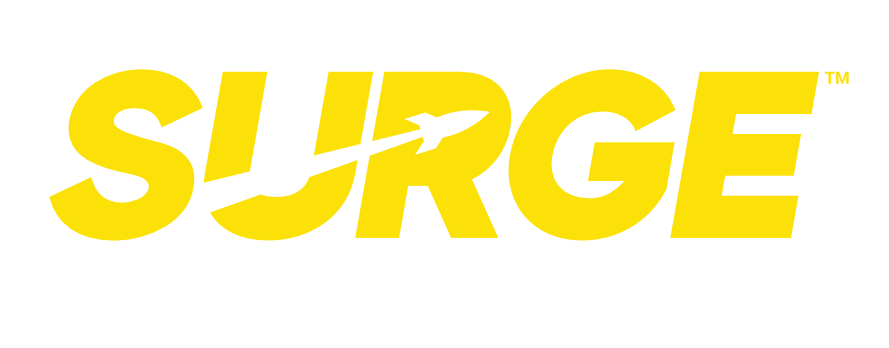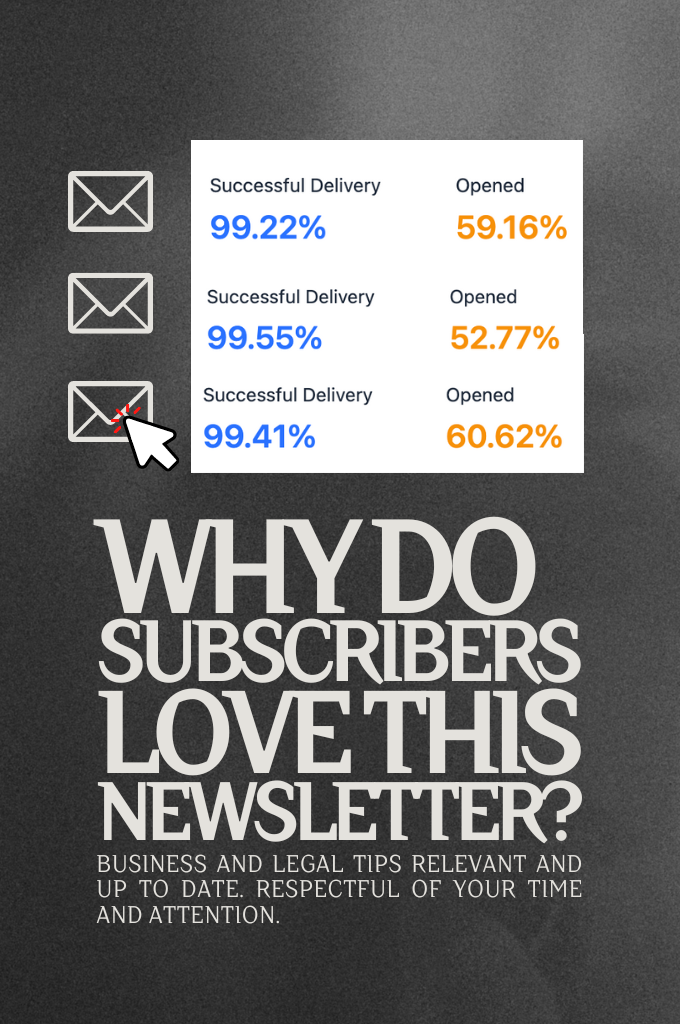Protect Your Family. Create a Plan.
Start For Free
Use the form below to begin the process.
Want to talk to us first? Schedule an appointment here.
100% Money Back Guarantee.
Why you should have a succession plan:
We help small businesses and families create plans for the future.
“I can tell he truly cares about helping us… I HIGHLY RECOMMEND” —Ben
STEP 1:
Fill out a simple form to organize the details.
STEP 2:
Chat with a professional in-person or remotely. We’re open late on Mondays so no one has to miss work!
STEP 3:
Pick a plan for a customized, reliable will or trust.
The first two steps are FREE, and the last step is on sale!

We’re upfront about pricing and make the process easy for you to care for your loved ones when you’re gone. There’s no guesswork when you work with us.
Benefits of a succession plan for You and Your Family
- Clearly defined legal instructions for loved ones
- Advice for how to protect property and assets
- No hidden pricing
- An original copy of the will to keep, plus copies to share with family members
- A questionnaire of important decisions that should be made that are not part of the will but helpful, i.e. social media accounts, bank information, etc.
- A financial power of attorney
- A healthcare power of attorney
Expert Advice
Should I Choose a Will or a Trust?
A will is a plan for the property you leave behind when you die. It appoints a trusted person to carry out your wishes and then gives them the authority to take the necessary action.
The court oversees this through the probate process. Probate is a legal action handled by a court and a judge. It ensures all of the legal steps needed to close the estate are done properly. Probate takes six months up to several years.
A trust is a legal entity with some of the rights of a person. Importantly, it can own property. While you are alive, you transfer valuable property into the trust. The trust is a legal document that typically puts you in charge of the trust property. However, when you die, it immediately appoints a backup person to manage the property and gives them instructions on what to do with it.
Property that is held in trust does not have to wait until the probate process is finished to be used by the heirs of your estate.

What to Expect
What Is Included?
When you purchase a will, you get the following:
- A will for one or two people
- A financial power of attorney
- A healthcare power of attorney
When you purchase a trust, you get:
- A will for an individual or each member of a married couple
- A trust
- Financial power of attorneys
- Healthcare power of attorneys
- A quit claim deed

